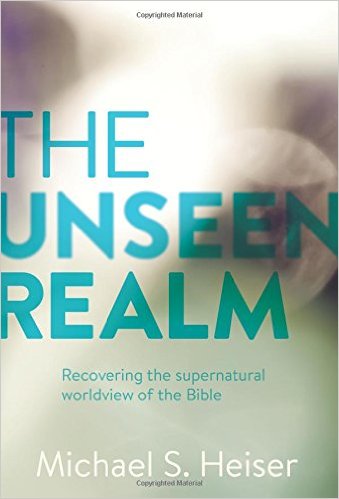BEN: Much of your case depends on the starting point of what’s going on in Eden. I completely agree with your repeated argument that God created those in his image with a measure of freedom of choice, indeed the power of contrary choice. This is unlike what Jonathan Edwards once suggested, namely freedom of choice means one doesn’t feel compelled to do X or Y, even though your choices were decided in advance by God’s predeterminations. In other words, God programmed risk into his plan from the beginning. I think you make a good case as to why. And I would add at the heart of the matter is that a loving relationship involves love freely given and freely received. It can’t be predetermined. Why do you think it is that neo-Calvinism is being increasingly embraced by religious millennials these days? How does such a theology skew our reading of the Bible, even beginning with Adam and Eve?
MIKE: I think once they awaken to the fact that hardline Calvinism requires that God either wants evil to happen or needs evil to make his plan work, they get rightly offended at the character of God or see him as a lesser being unworthy of loyalty. Why would God decree what he doesn’t want to happen? Why does he need suffering to make things work out? Isn’t he smart enough to find a better way than those options? If he is, then he must enjoy the suffering he has caused or was clever enough to bring about so he gets his way. I don’t see why anyone would love a being whose character is like that. We wouldn’t behave that way and feel love for ourselves.
BEN: One of the points of your argument early on that I found unconvincing was that Adam and Eve were inherently immortal until they disobeyed the single commandment. It seems to me that the tree of life in the Garden rules this idea out. Indeed, one of the reasons for the banishment of the original couple from the Garden was so they would not eat of that tree and become immortal corrupt beings. Say more about why you chose the interpretive move you did in reading the Genesis story. In my view since Jesus was an unfallen human being like the original Adam before the sin, and Jesus partakes of all the natural limitations of human beings— limitations of time, space, knowledge, power, and mortality (he can be killed), then one would need to see Adam as having those same limitations in the Garden.
MIKE: As you know, I’d say the tree of life makes the point! And I think I actually agree with your position (which would mean I perhaps didn’t make my own clear in the book). In the book my point is that Adam and Eve had contingent immortality. That is, they’d live forever if (a) they didn’t do something stupid that would result in their own deaths (they could die but that wasn’t a necessary event); (b) they ate from the tree of life, and (c) they didn’t sin – which would result in being driven from the presence of God and the tree of life. The source of their immortal existence was proximity in Eden to God, the life-giver and life-sustainer. The tree of life was something the sustainer gave to them to perpetuate life. Granted, this could all be metaphor for “stay where God wants you to stay and live the way he wants you to live,” but it doesn’t need to operate only on that level.













